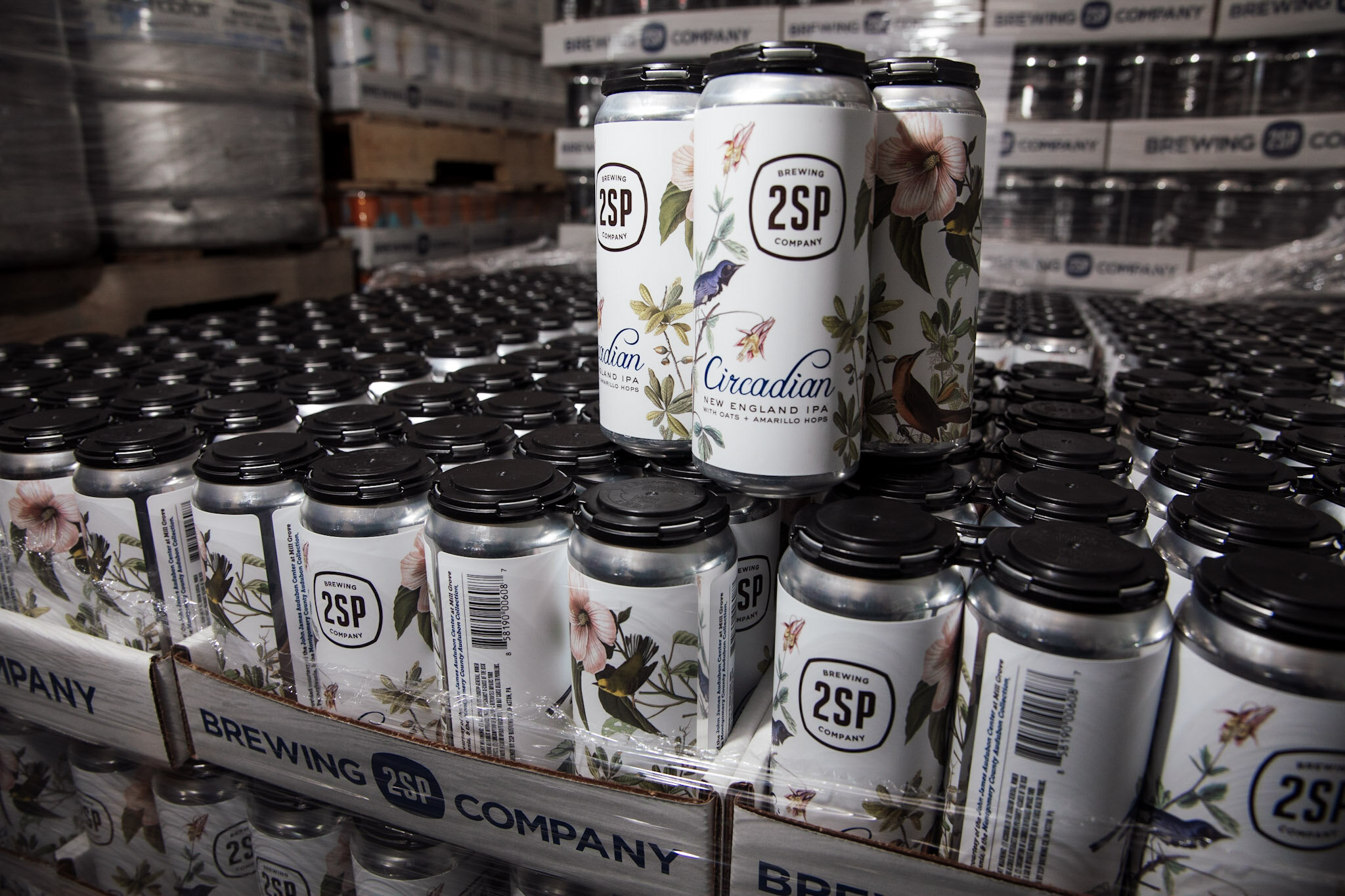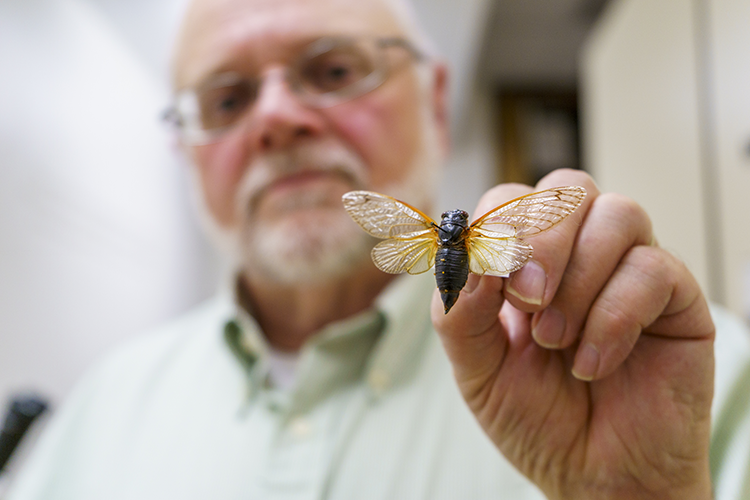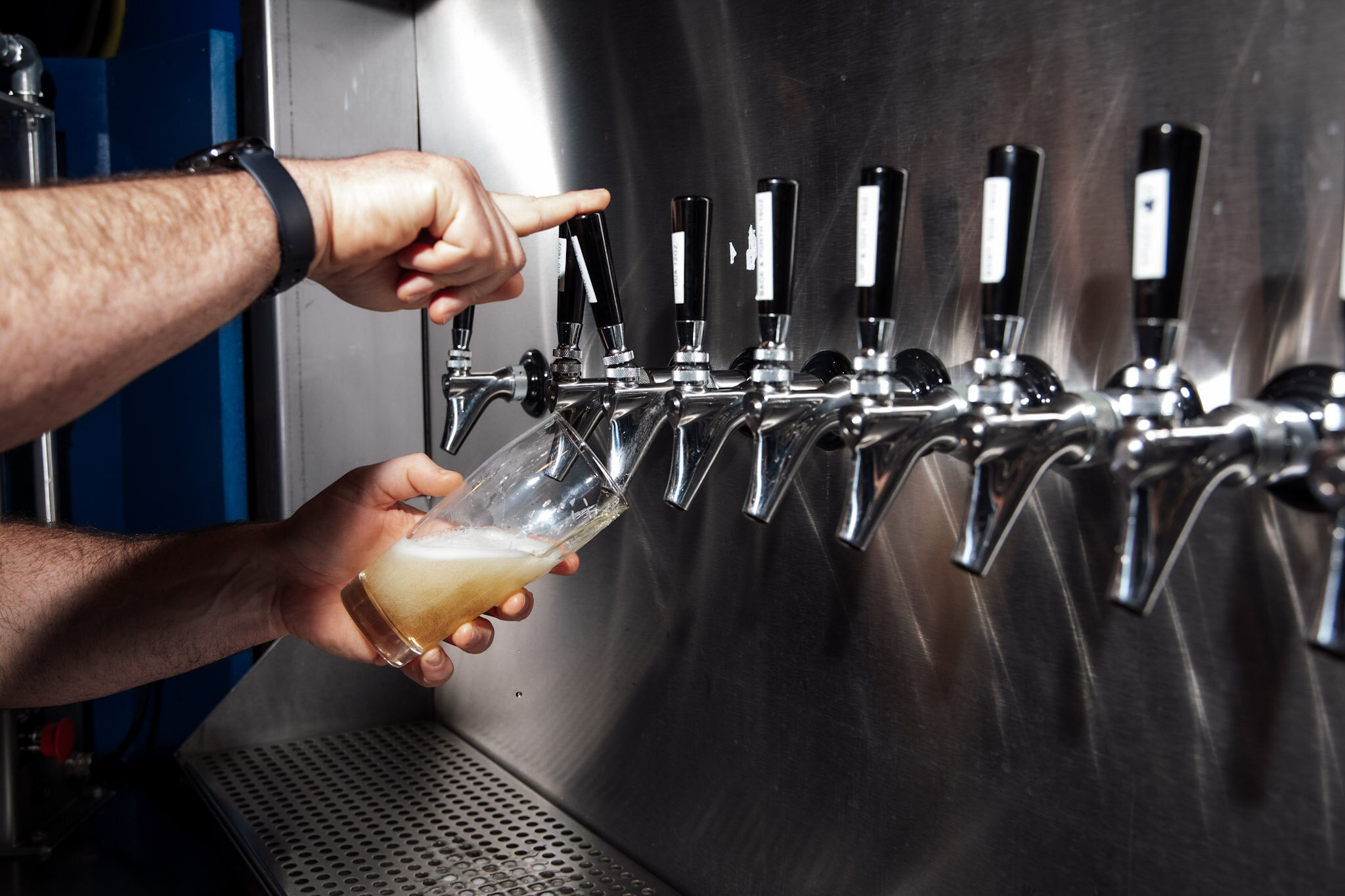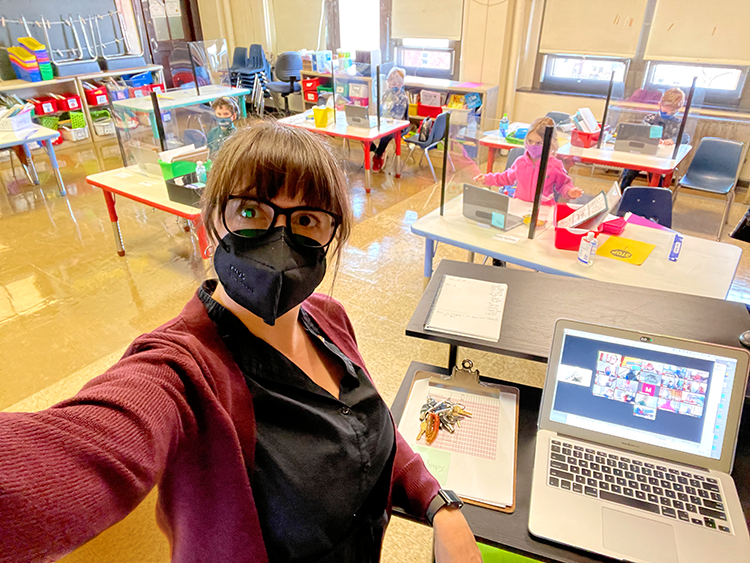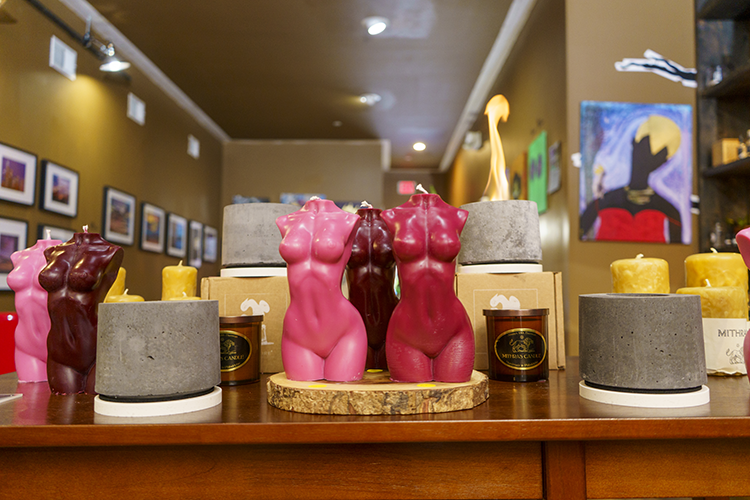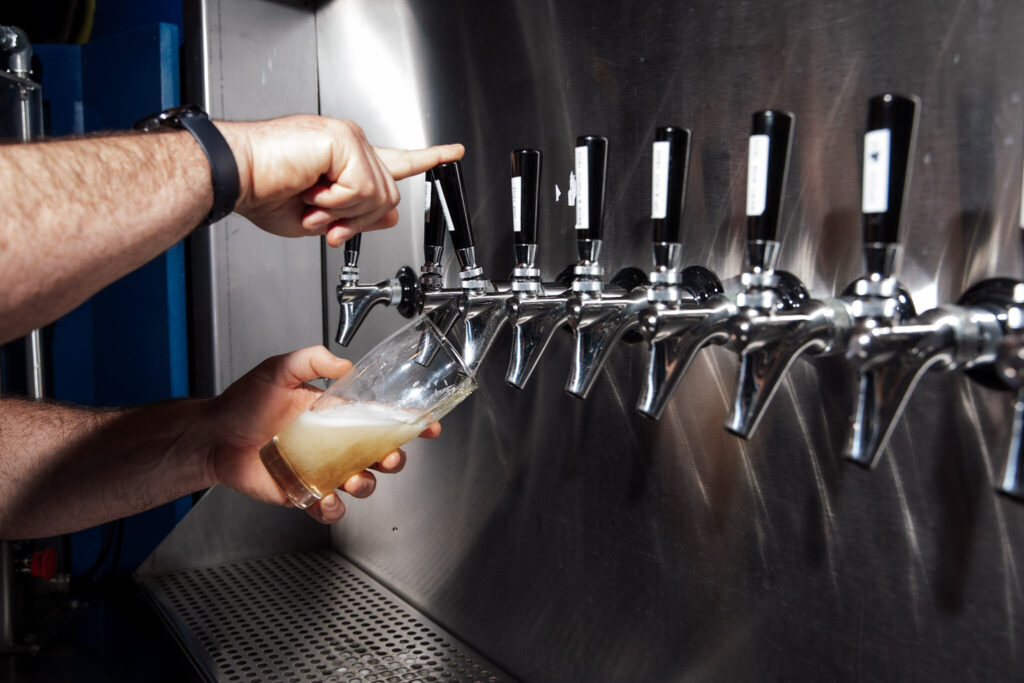This is the first time I’ve ever cracked open a beer as I started an article. It’s a Delco Lager from 2SP Brewing Company: a bit malty and quite drinkable, good for a warm spring day. At 4% alcohol by volume (ABV), the buzz shouldn’t interfere with writing (you be the judge).
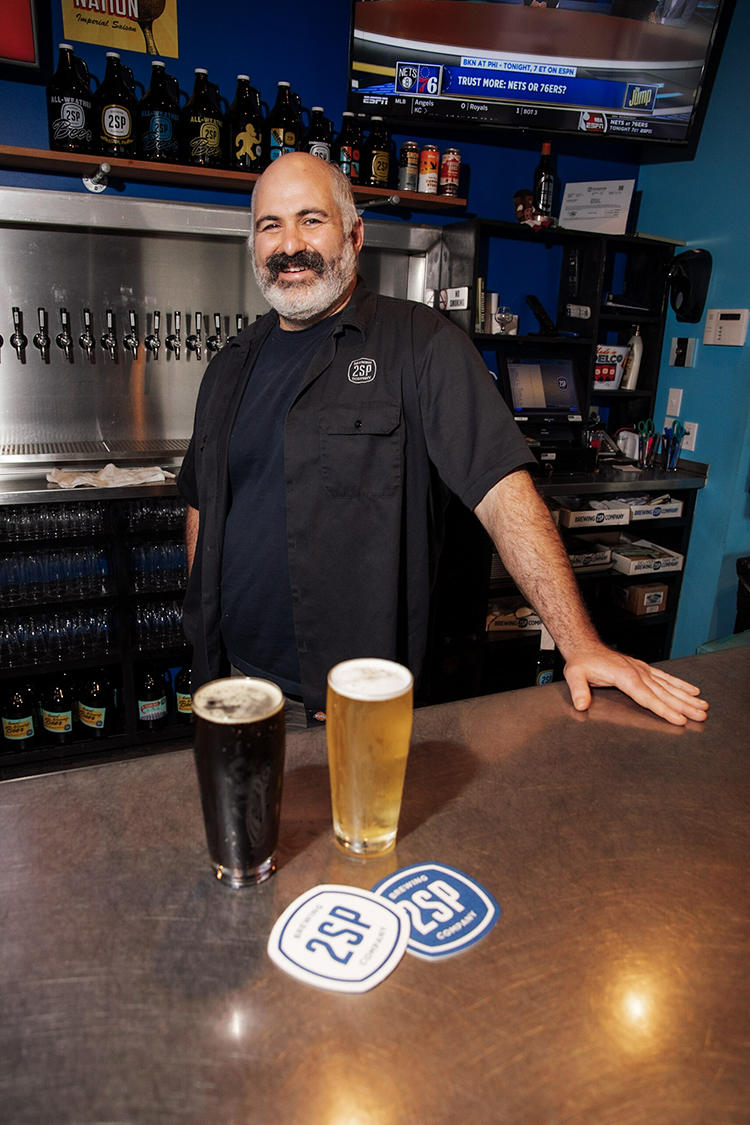
The alcohol isn’t why I’m drinking it though, and neither is the flavor. It’s the water. And it’s not just any water. About 90% of this beer is water that comes from the Delaware River watershed.
“If something happened to our water supply, we’d be out of business,” says Mike Contreras, director of sales and marketing at 2SP, which brews in Aston, a Delaware County township about three miles from the Delaware River.
“If there’s a massive drought in Australia or the Pacific Northwest, that’s okay,” says Contreras. 2SP can source hops or malt from all over the world. Water, by contrast, doesn’t offer that kind of flexibility.
“If something happened to our water supply, we’d be out of business.”
—Mike Contreras, 2SP director of sales and marketing
So when Audubon Pennsylvania (now Audubon Mid-Atlantic) asked 2SP if they’d like to join the Brewers for the Delaware Association, they signed on.
Audubon launched the brewer coalition in January 2019, after identifying them as significant water-quality stakeholders.
“Brewers came to mind as people who should really care about water. Water is the main ingredient in beer,” says Valerie Peckham, field organizer and network engagement manager at Audubon Mid-Atlantic.
Twenty-nine brewers have joined since its launch. They have taken part in advocacy, such as signing onto letters supporting increased environmental funding and asking the Food and Drug Administration to approve a synthetic alternative to horseshoe crab blood, which has been used in the pharmaceutical industry. Horseshoe crabs are ancient aquatic arthropods that look like a round tank with a long spine for a tail. Their population in the Delaware Bay has declined by 90% in the last 15 years, in part due to overharvesting.
In February Contreras and Brown testified to the Pennsylvania House Democratic Policy Committee about the importance of water quality for their industry.
Contreras focused on craft brewing’s economic impact. There are 41,000 people employed in breweries across the state, 16 of them with 2SP. Politicians might care more about employment than about the environment, but any threat to water quality is a threat to those jobs.
Timothy N. Brown, head brewer and co-owner of Tannery Run Brew Works in Ambler, testified about the brewery’s work to promote rain gardens, something he and co-owner Carly Chelder elaborated on when we spoke in March.
“Rain gardens and that kind of rainwater capture is important for the local water quality. The clearer the water that goes into our water treatment system, the less chemicals they have to put in to treat it,” says Brown.
Water authorities can shift the mix of source water in response to pollution events, something that can throw brewers for a loop. Different sources provide different minerals, so if one is shut down they have to make adjustments to the brewing process. According to Brown, the Ambler water system uses eight sources for its drinking water (including Tannery Run, a small tributary of the Wissahickon that runs through a culvert beneath the brewery). He regularly checks in with the water department to keep tabs on which water is coming out of the tap.
“Sometimes one of the sources is shut down and they have to balance the water differently,” he explains.
The advocacy organization American Rivers declared the Delaware 2020 River of the Year. The pandemic forced a pause in the celebration, but in October Brewers for the Delaware rolled out a promotion. Customers who said “I love the Delaware” while ordering beer got discounts.
Peckham looks forward to more events and in-person advocacy in 2021.
“We’re hoping to work with them to integrate as many conservation practices to further define the membership that they have. Not just to advocate for policy but to hold them up as leaders that more than likely have a customer base that cares about the environment, too,” says Peckham. “It’s not just for fun, we’re engaging the brewers. It’s a genuine conservation connection.”
As I finish my Delco Lager, I suppose I don’t need another reason to care about the Delaware River watershed, but this one sure is fun.



